This week in our climate science series we take a look at the best case scenario for our planet if everyone prioritizes a transition to sustainability.
Read moreAuthor: Meghan and Ben
Climate Science: Our Bleak Future in a Changed Climate
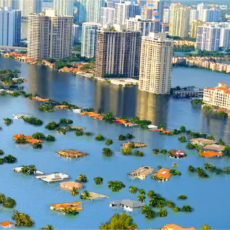
This week we take a look at the worst case scenario for our planet of the devastating effects of climate change if we do not curb our current rate of carbon emissions.
Read moreClimate Science: A Sustainable Transition
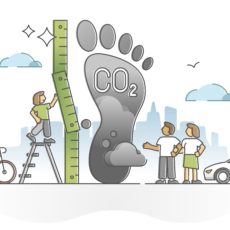
This week we look at some of the basic information that everyone should understand in order to transition to a sustainable lifestyle.
Read moreLungs of the Earth… Wait! Does our planet have lungs?
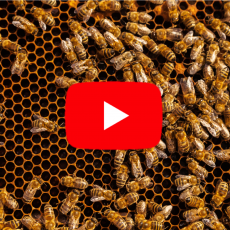
Have you ever heard the expression “the lungs of the earth”? Have you wondered, does our Earth really have lungs? Where does our oxygen come from?
Read moreClimate Science: Key Organizations and Agencies to Know

This week, we look at the key players who are providing information, support, and advances in the science of climate change.
Read moreHow to Help Our Pollinators: Plant a Garden

Did you know? In the United States, pollination by honey bees, native bees, and other insects produces 40 billion dollars worth of economic value every year!
Read moreClimate Science: What is a Sustainable Carbon Footprint?
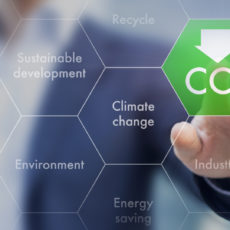
This week we put a value on living sustainably that we all should be striving to achieve, and give some guidance as to what contributes to that value.
Read more3.9 Billion Years of Climate History… in about 5 minutes

Unless you’ve been living under a rock, you’ve probably heard about climate change. But did you know that our planet’s climate has been changing for billions of years? In the latest from the Hive, we’re talking about climate change history. Check it out!
Read moreClimate Science History: Causes and Consequences of Climate Change
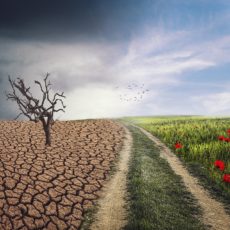
This week, we take a look into the more significant causes of climate change and resulting consequences.
Read moreWhat You Need to Know About Kelp Forest Collapse and Carbon Sequestration

Kelp forests are an invaluable natural resource that sequester carbon, protect our shores, and support marine biodiversity.
Read more
